T4K3.news
Putin's ceasefire demands test Western unity
ISW notes divergent reports on Putin's ceasefire position and stresses that no final agreement is in place yet.

A close examination of conflicting reports on Putin's ceasefire demands and how allies are framing Ukraine negotiations.
Putin's ceasefire demands test Western unity
ISW’s August 9 assessment sketches a messy picture of Putin’s reported ceasefire demands. German outlet Bild and the Wall Street Journal relay diverging interpretations that U.S. officials and European partners are trying to reconcile. Some accounts suggest Moscow sought a withdrawal from Zaporizhzia and Kherson, others say Donetsk should be ceded, while a separate line hints at a frontline freeze. Ukraine’s president rejected territorial concessions, and Western officials pressed for a durable peace tied to security guarantees. The common thread is Putin’s insistence that Ukraine withdraw from unoccupied Donetsk Oblast, a demand that would erase a major Ukrainian defensive line and could set up renewed fighting later.
Ukrainian and European officials reportedly floated a counterproposal that called for a full ceasefire before negotiations, with territorial exchanges conducted reciprocally and backed by robust security guarantees. The report notes that the broader diplomatic drama includes President Trump’s anticipated Alaska meeting with President Putin, and Moscow’s framing of Alaska as a symbol of shared Arctic and historic ties. Ukraine continues long-range drone strikes against Russian facilities and Russian milbloggers discuss leadership changes and tactical shifts on multiple axes, illustrating how battlefield reporting feeds into political optics and decision making.
Key Takeaways
"Ceasefire talks must not become a blank check for aggression"
editorial takeaway on framing negotiations
"Security guarantees matter more than land swaps"
analysis of reciprocal concessions
"The fortress belt could decide the pace of peace"
commentary on Donetsk defenses
"Misinformation now can cripple diplomacy"
warning about conflicting reports and sources
The patchwork of reports underscores a central risk: any ceasefire built on contested terms risks becoming a pause that preserves a volatile status quo. If Ukraine is pressured to concede unoccupied Donetsk Oblast as a prerequisite for talks, Ukraine risks losing essential leverage while Russia sustains a favorable position to resume offensives. The Alaska meeting adds a loud stage to diplomacy, but it can distract from the hard work of securing credible guarantees and verifiable disengagement. Diplomacy now hinges on security guarantees, reciprocal concessions, and the willingness of Western partners to stand firm against pressure from competing narratives.
Highlights
- Peace talks must come with real guarantees not empty promises
- Security guarantees matter more than land swaps
- The fortress belt could decide the pace of peace
- Misinformation now can cripple diplomacy
Political sensitivity and unclear ceasefire terms
The reports describe multiple, conflicting positions on a ceasefire and territorial concessions, creating political sensitivity and potential public backlash if misinterpreted. The lack of a clear, verifiable offer could delay a durable settlement and impact civilian safety.
Future talks will test whether alliances can translate statements into verifiable guarantees.
Enjoyed this? Let your friends know!
Related News
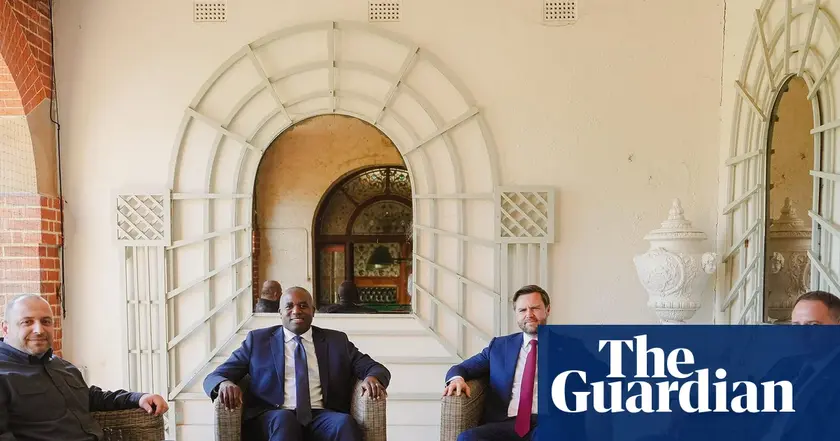
European leaders press Ukraine security ahead of Trump Putin talks
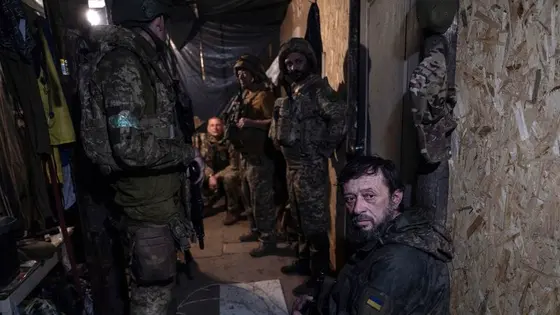
Europe wary as Putin and Trump discuss Ukraine
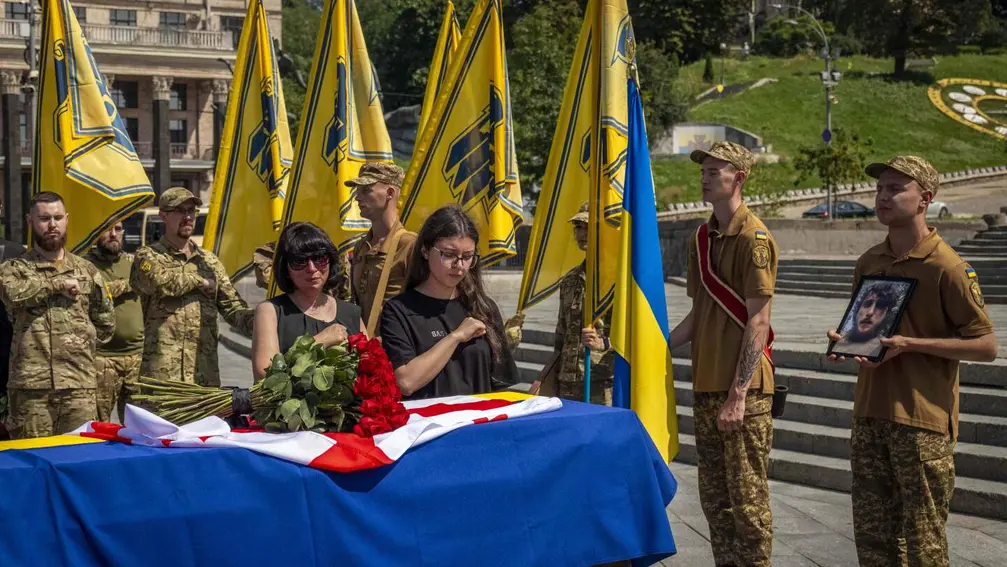
Ukraine unity shows in advance of Alaska talks
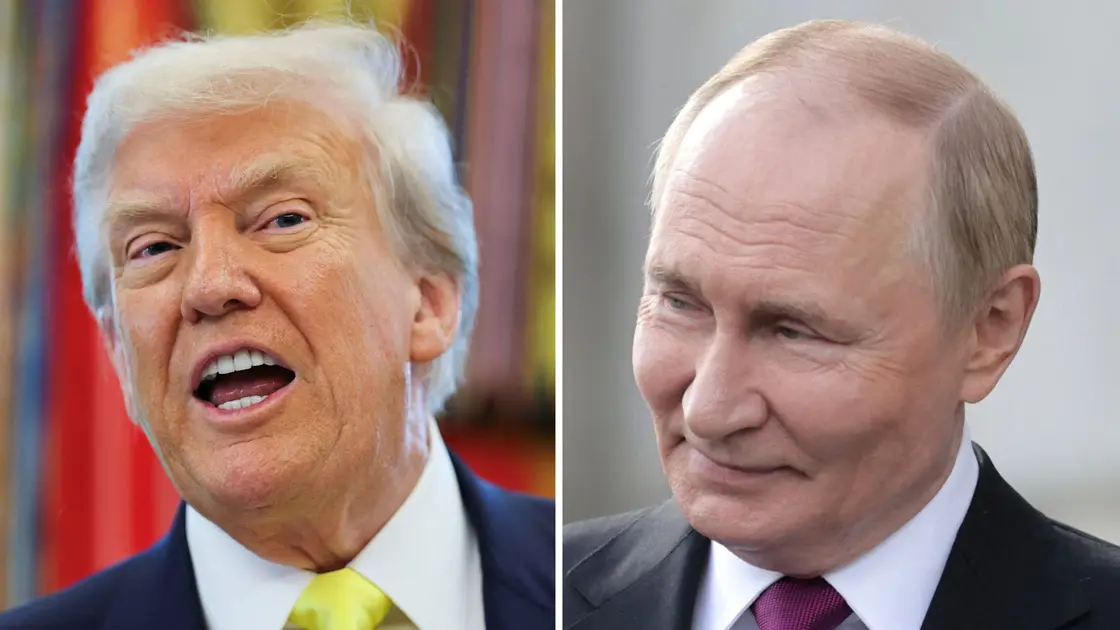
Sanctions relief tied to Trump meeting
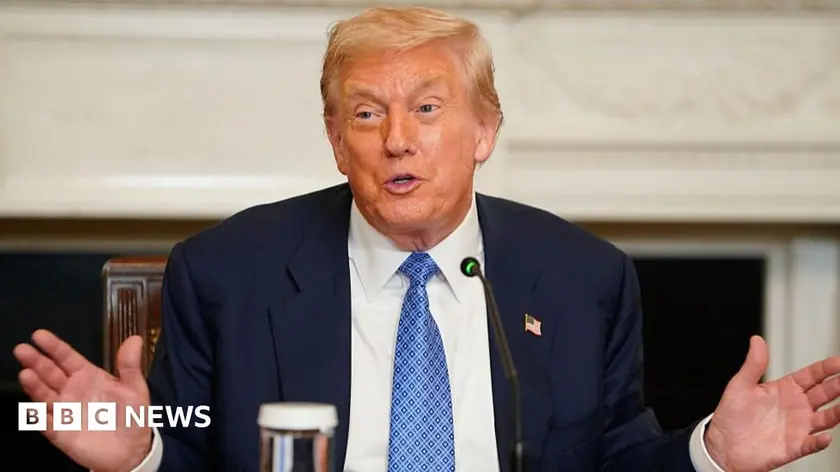
Trump and Putin meet in Alaska for Ukraine talks
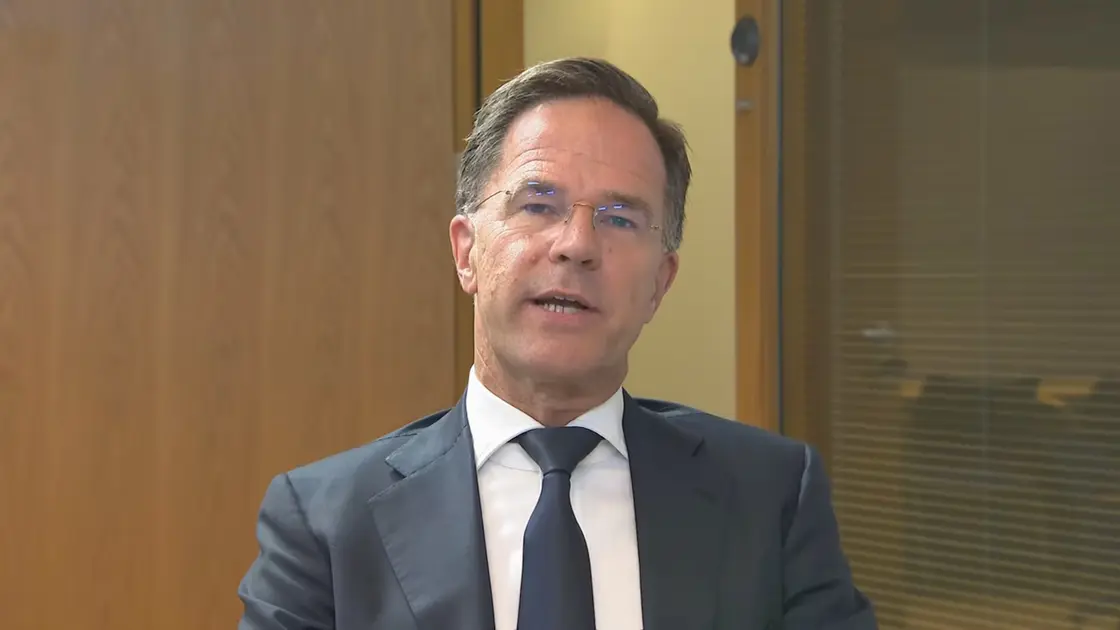
Rutte frames Trump Putin talks as Putin test
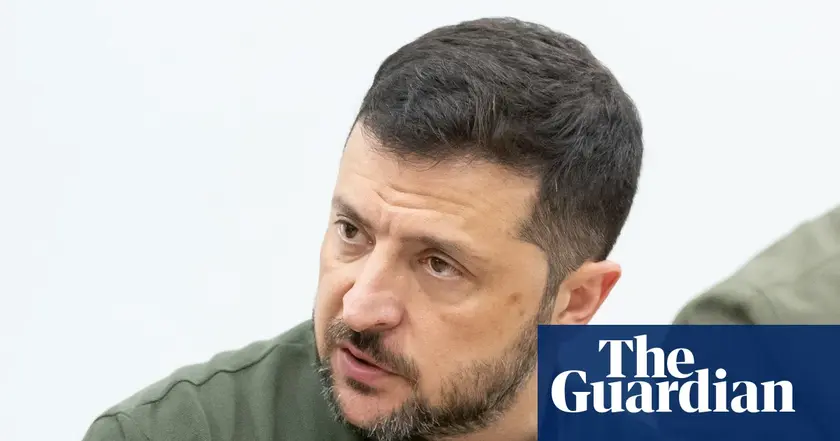
Peace talks move forward with Kyiv at the center
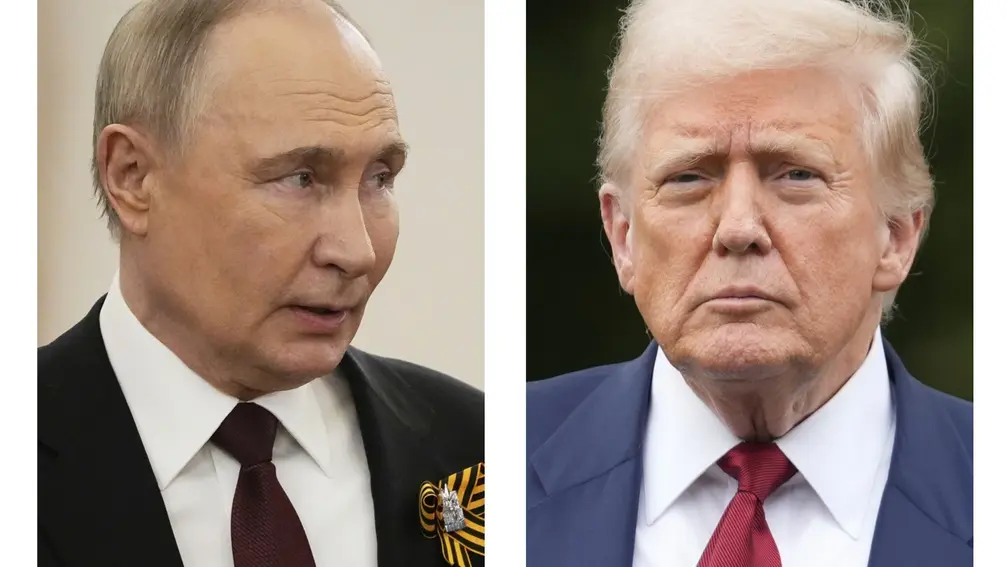
Russia holds firm ahead of Putin Trump summit
